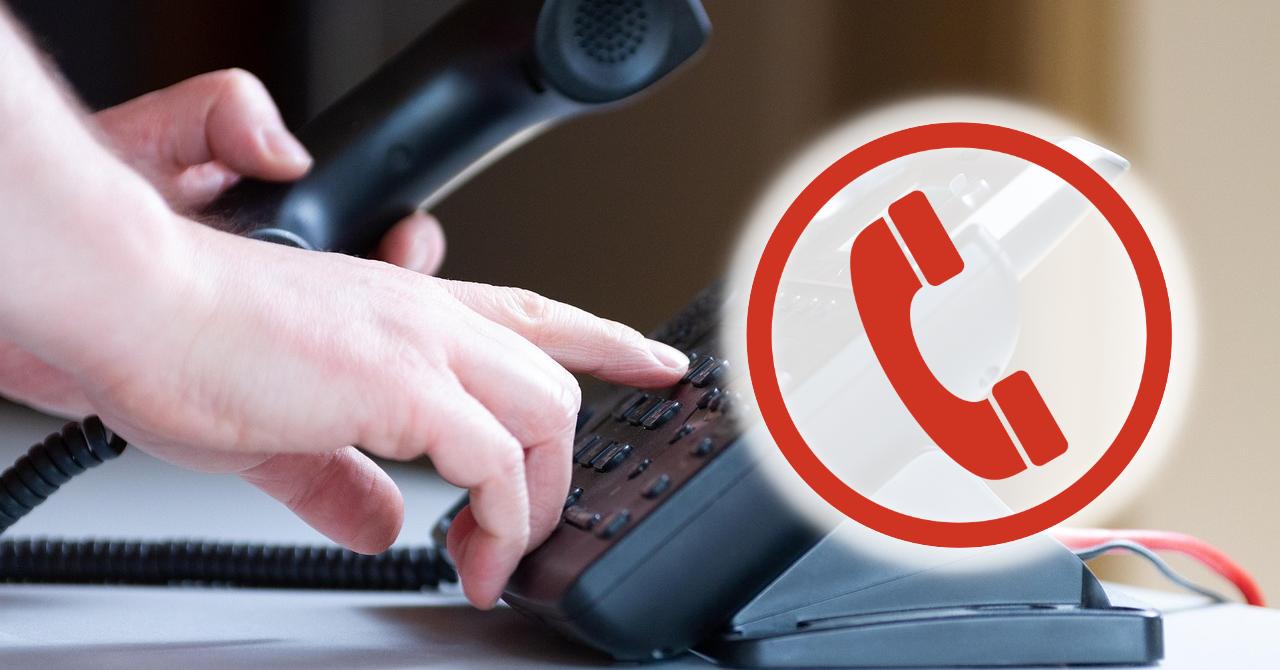The Taiwan Labor Law mentions the rights and responsibilities of employees and their employers. These provisions have been established to make sure that the safety and well-being of everyone — including local and foreign workers — is protected.
Indeed, safety is of the utmost importance in the workplace, since it involves people’s physical, mental, and emotional health. In case of sexual assault/harassment and human trafficking, the Taiwan government has imposed measures to address and prevent them.

Guide to Reporting Harassment and Human Trafficking Cases
To help overseas workers understand their rights, as well as to inform them about the country’s labor laws and policies, the “Handbook for Foreigners in Taiwan” was published. Produced by the Workforce Development Agency (WDA) of the Ministry of Labor, this handbook is distributed to all arriving foreign workers.
The book contains reminders on how overseas workers can protect themselves while living and working in Taiwan. These reminders include information on handling and reporting sexual assault/harassment and human trafficking cases.
Identifying Sexual Assault
The handbook defines “sexual assault” as “an encroachment to your personal being, and a sex act without permission.” In other words, any act that seeks to violate someone by means of violence, threat, coercion, intimidation, and other ways is considered sexual assault.
Moreover, the act doesn’t have to be physical or outwardly sexual, but also verbal and committed against the person’s will. If a person uses abusive words, sends or displays messages or images that cause other people to feel hurt, afraid, insulted, violated, or discriminated against — that is considered as harassment.
Sexual Harassment in the Workplace
Notably, the Handbook for Foreigners describes two types of sexual harassment in the workplace: “Hostile Environment Sexual Harassment,” and “Quid Pro Quo Sexual Harassment.”
Hostile Environment Sexual Harassment
This refers to a situation where an employer, colleague, or client uses verbal or physical means to make sexual advances to an employee, thus creating a “hostile” environment that affects the worker’s personal dignity, physical condition, and job performance.
Quid Pro Quo Sexual Harassment
This refers to a situation where the employer uses verbal or physical means to make sexual advances to an employee — for the purpose of “exchange” such as a promotion, higher salary, rewards, etc. The act may be conveyed explicitly or implicitly.
What to Do in Case of Assault
So what can you do in case you experience assault or harassment in the workplace? Here are some tips provided by the handbook:
Protect Yourself
If you encounter a verbal or physical assault, strive to keep calm. If the assault is physical, try to protect your head, face, neck, breast, stomach, and other important parts of the body. Moreover, take note of the appearance and characteristics of the assailant.
Call for Help
During the assault, call for help, shouting “help” or “fire” to call other people’s attention. Try to leave the place, find a safer place and seek assistance from other people.
If no physical assault has been made, but you feel afraid or intimidated, seek help from other people (i.e. colleagues, HR department, authorities, relatives, friends).
Collect Evidences
If possible, try to make or acquire a video or audio recording of the incident. Also, make it a point to write down your experience: what happened, when it happened, who was involved, if there are any witnesses, how you are feeling, and how you are affected.
When you leave the scene, do not move or touch any items, as this could prove useful in the investigation. Furthermore, in case of physical assault, do not wash your body so that the assailant’s specimens (hair or sperm) may be obtained and serve as evidence of the assault.
Report the Incident
Go to the police station and ask for assistance. If you have been assaulted physically, request that you be brought to the hospital for medical attention and treatment. In addition, with help from authorities, seek legal action, including filing an administrative and/or criminal case — at work as well as in legal courts.
Defining Human Trafficking
As for “human trafficking,” the Handbook for Foreigners defines it as “a trade of human beings for the purposes of commercial sexual exploitation, forced labor, or organ harvesting.” It usually includes illegal recruitment, coercion, intimidation, imprisonment, rape, drugs, withholding of documents, and other actions.
In relation to Taiwan’s Employment Services Law, human trafficking may involve: illegal brokerage of foreign nationals for others (Section 45); employment of foreign nationals whose permits have expired (Section 7 Article 1); petitioning foreign nationals for someone else (Section 7 Article 2); and employment of foreign nationals for purposes outside the scope of the work permit or unauthorized changes to the workplace (Section 7 Articles 3 and 4).
Where to Report Harassment and Trafficking Cases
For Filipinos in Taiwan, you can report harassment or human trafficking cases to the Manila Economic and Cultural Office (MECO), or to authorities and hotlines set by the Taiwanese government.
Manila Economic and Cultural Office
The Manila Economic and Cultural Office (MECO) is the representative office of the Philippines in Taiwan. It has a main office in Taipei, and extension offices in Taichung and Kaohsiung. You can reach MECO Taipei by calling 02-25079803 or 02-25079032.
1955 24-hour Hotline
Toll-free number 1955 is a hotline created by Taiwan’s Ministry of Labor. It is a 24-hour free hotline service that receives inquiries and complaints from employers, workers, or the general public.
Foreign Workers Consultation Service Centers
In cities and counties across Taiwan, there are Foreign Workers Consultation Service Centers that provide information and assistance to overseas workers. Here are their contact numbers:
- Taipei City: 02-25502151
- New Taipei City: 02-89659091 / 02-89651044
- Keelung City: 02-24278683 / 02-24201122
- Taoyuan County: 03-3344087 / 03-3341728
- Hsinchu City: 03-5320674
- Yilan County: 03-9254040
- Miaoli County: 037-559058 / 037-370448
- Hualien County: 038-239007
- Taichung City: 04-22289111
- Nantou County: 049-2238670
- Changhwa County: 04-7297226
- Yunlin County: 05-5338087 / 05-5338086
- Chiayi County: 05-3621289
- Chiayi City: 05-2162633
- Tainan City: 06-2951052 / 06-2991111
- Penghu County: 06-9267428
- Kaohsiung City: 07-8117543 / 07-8314485
- Pingtung County: 08-7510894
- Kinmen County: 082-373291
- Taitung County: 089-328254
- Lienchiang County: 0836-25022#308
Foreign Workers Service Centers at Airports
Notably, there are Foreign Workers Service Centers at the country’s international airports, as follows:
- Taoyuan International Airport: 03-398-9002
- Kaohsiung International Airport: 07-803-6804 / 07-803-6419
Other Hotlines
Furthermore, other hotlines where people can report sexual harassment and human trafficking cases are:
- National Police Agency Emergency Assistance: 110
- Human Trafficking Prevention Hotline: 02-2388-3095
- Women and Children Protective Services Hotline: 113

Sexual assault, harassment, and human trafficking are serious criminal offenses. If you or anyone you know is a victim, do not hesitate to report to the police and other authorities, so that the matter can be dealt with and the perpetrators apprehended.
As foreign workers, we can rest assured that our safety and well-being are protected, thanks to Taiwan’s strict implementation of the law and the presence of our representative offices in the country.
